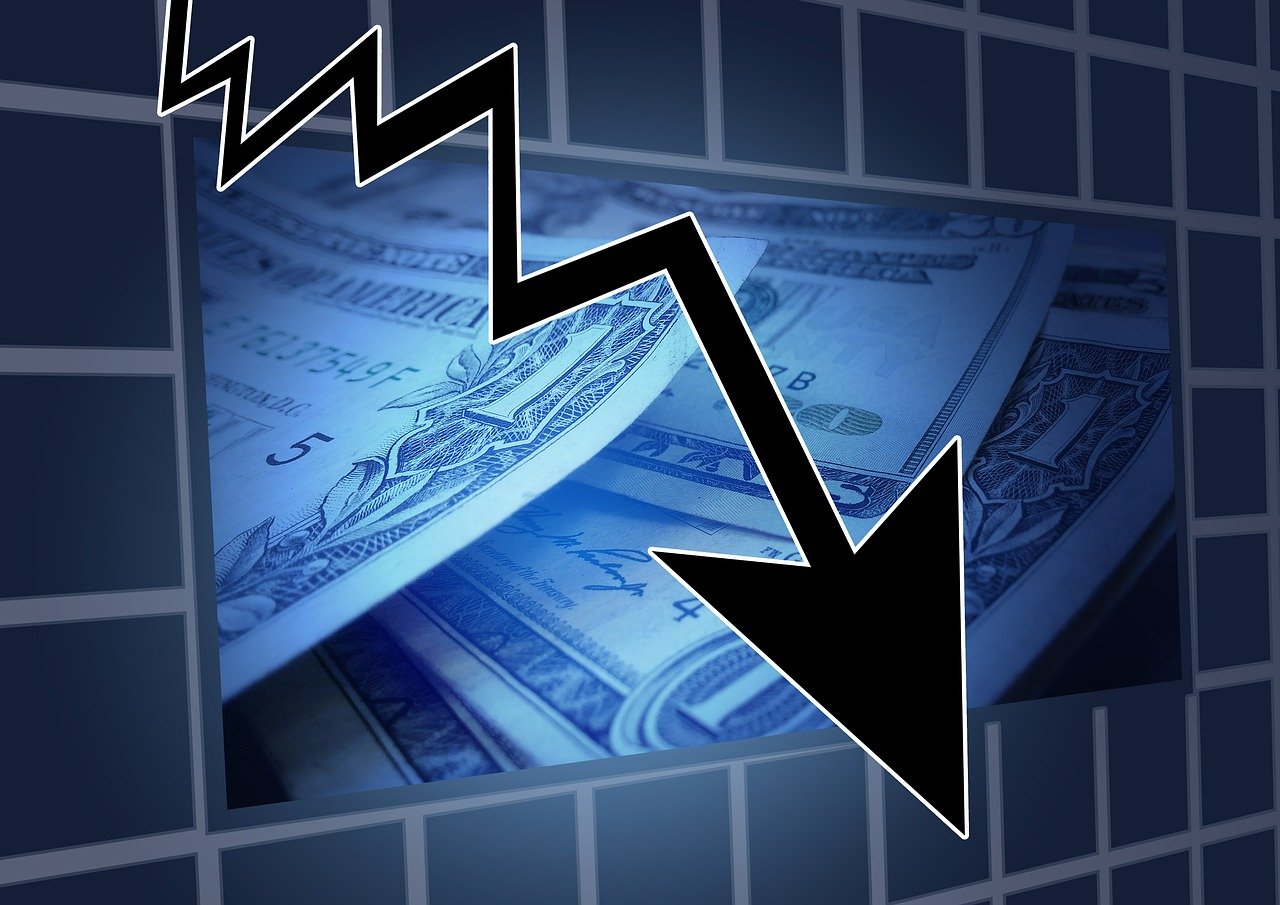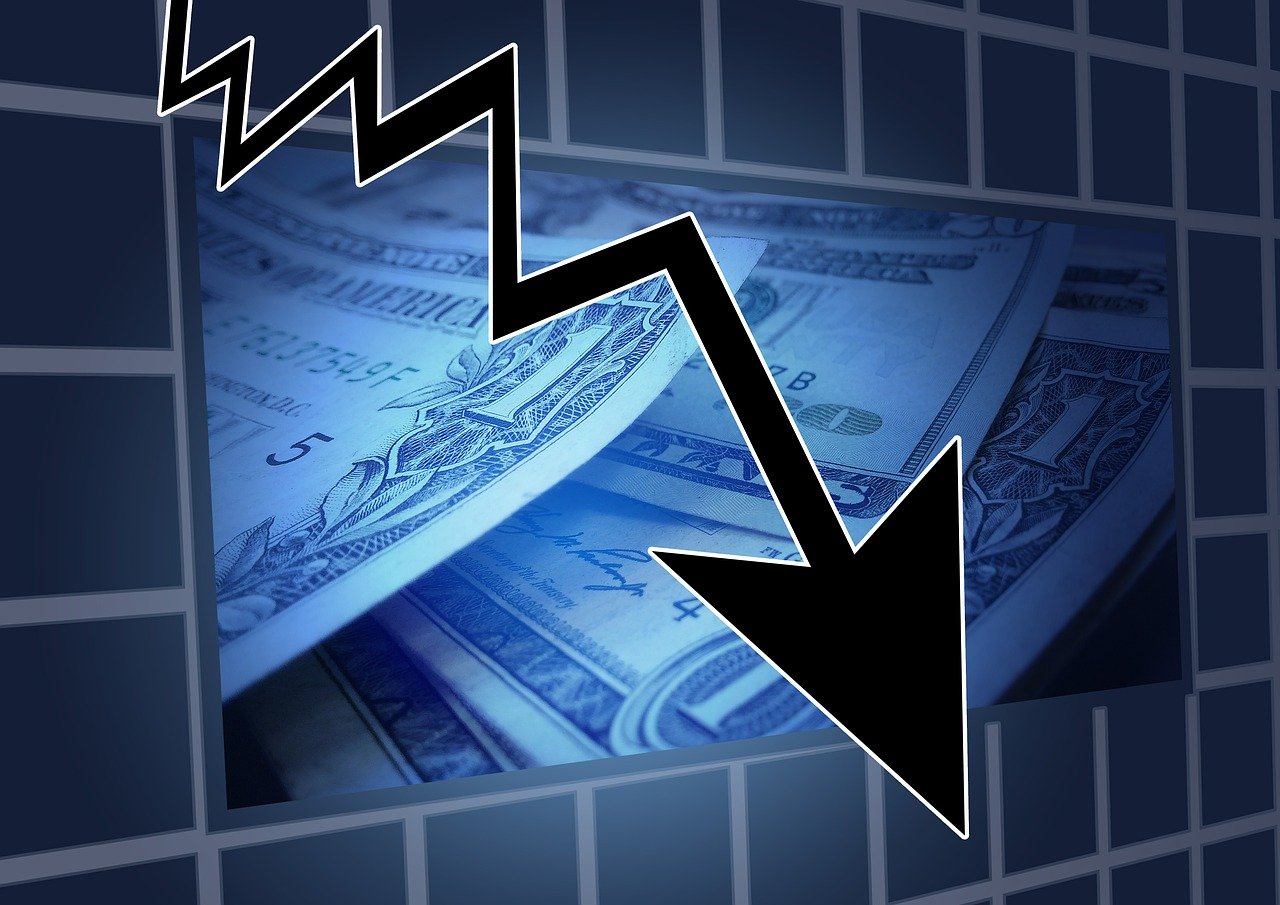In uncertain times, such as economic downturns, managing your retirement savings can feel like an overwhelming task. The key is to approach it with a level head and a strategic mindset. Whether you’re nearing retirement age or just starting to build your nest egg, understanding how to navigate these challenging periods is crucial to protecting and growing your hard-earned savings. In this article, we will explore some practical tips and strategies to help you effectively manage your retirement savings during economic downturns. So sit back, relax, and let’s dive into the world of retirement planning during uncertain times.
Assess Your Retirement-Readiness
To effectively manage your retirement savings during economic downturns, the first step is to assess your retirement-readiness. This involves reviewing your current financial situation and evaluating your retirement goals and timeline.
Review your current financial situation
Take a look at your current financial situation by analyzing your income, expenses, and overall savings. Assess your sources of income, such as employment, investments, and any additional retirement savings accounts. Consider your monthly expenses and whether they are in line with your income. This will help you gauge how well-prepared you are for retirement.
Evaluate your retirement goals and timeline
Next, evaluate your retirement goals and the timeline you have set for yourself. Determine the age at which you want to retire and the lifestyle you envision during retirement. Consider factors such as your desired level of financial independence, healthcare costs, and potential expenses in retirement. Assessing these goals and timeline will help you make informed decisions about managing your retirement savings during economic downturns.
Refrain from Panic and Emotional Decision-Making
During economic downturns, it is crucial to refrain from panic and emotional decision-making. Making impulsive investment decisions based on fear or anxiety can have detrimental effects on your long-term retirement savings. Instead, it is important to stay calm and focused on your long-term goals.
Avoid making impulsive investment decisions
Market volatility during economic downturns can be intimidating, but it is essential to resist the urge to make impulsive investment decisions. Instead, take a step back and evaluate the long-term prospects of your investments. Consider seeking professional advice or consulting with a financial advisor to gain perspective and make informed decisions.
Stay calm and focused on long-term goals
Remain calm and remember that economic downturns are usually temporary. It’s important to stay focused on your long-term goals and resist the temptation to sell off investments out of panic. Keep in mind that markets have historically recovered from downturns, and maintaining a long-term perspective is key to achieving your retirement goals.

Diversify Your Investment Portfolio
Diversification is a crucial strategy when managing your retirement savings during economic downturns. By allocating your assets across different investment classes and diversifying within each asset class, you can minimize risk and increase the potential for long-term growth.
Allocate assets across different investment classes
Diversify your investment portfolio by allocating your assets across different investment classes, such as stocks, bonds, and cash equivalents. Each asset class has a different risk profile and potential for returns. By spreading your investments across multiple asset classes, you reduce the impact of a downturn in any one particular investment.
Consider diversifying within each asset class
Within each asset class, consider diversifying your investments further. For example, within the stock market, diversify across various sectors and industries. This helps to minimize your exposure to any single company or sector, reducing the impact of any downturns specific to that area.
Consider a More Conservative Approach
During economic downturns, it may be prudent to consider a more conservative approach to managing your retirement savings. By rebalancing your portfolio towards lower-risk investments and shifting towards income-generating investments, you can mitigate potential losses and generate stable income.
Rebalance your portfolio towards lower-risk investments
During economic downturns, it may be wise to rebalance your portfolio towards lower-risk investments. This involves reducing exposure to higher-risk assets and increasing your allocation to lower-risk assets, such as bonds and cash equivalents. Lower-risk investments tend to be more stable during market downturns and can help protect your retirement savings.
Shift towards income-generating investments
Consider shifting your investments towards income-generating assets, such as dividend-paying stocks, bonds, or real estate investment trusts (REITs). These investments provide a regular income stream, which can be particularly valuable during economic downturns when capital appreciation may be limited. By focusing on generating income, you can potentially sustain your retirement lifestyle even in challenging financial environments.

Take Advantage of Tax-Efficient Strategies
When managing your retirement savings during economic downturns, it’s essential to consider tax-efficient strategies. This can help you maximize your savings and minimize taxes, ultimately enhancing your overall retirement portfolio.
Consider tax-efficient investment vehicles
Investigate tax-efficient investment vehicles, such as Roth IRAs or Health Savings Accounts (HSAs). These accounts offer tax advantages that can help you grow your retirement savings over time. Contributions to Roth IRAs are made with after-tax money, meaning qualified withdrawals in retirement are tax-free. HSAs offer triple tax advantages – contributions are tax-deductible, growth is tax-free, and qualified withdrawals for medical expenses are also tax-free.
Utilize tax-loss harvesting
During economic downturns, it may be possible to utilize tax-loss harvesting to offset capital gains taxes. Tax-loss harvesting involves strategically selling investments that have experienced losses to offset gains in other areas of your portfolio. This can help minimize the tax impact of capital gains and potentially reduce your overall tax liability.
Monitor and Adjust Your Investments
Monitoring and adjusting your investments is crucial when managing your retirement savings during economic downturns. Regularly reviewing your portfolio performance and making necessary adjustments based on changing market conditions can help safeguard your retirement savings.
Regularly review your portfolio performance
Take the time to regularly review your portfolio performance, ideally with the assistance of a financial advisor or retirement planner. This includes assessing the performance of individual investments, as well as the overall performance of your retirement portfolio. Regular reviews allow you to identify any underperforming assets or areas that may require adjustment.
Make necessary adjustments based on changing market conditions
Based on your observations and the guidance of your financial advisor, make necessary adjustments to your investments. This may involve rebalancing your portfolio, selling off underperforming assets, or taking advantage of investment opportunities that arise during economic downturns. Adjustments should align with your long-term goals and provide you with a sense of stability in uncertain times.

Maintain Adequate Cash Reserves
Maintaining adequate cash reserves is instrumental in managing your retirement savings during economic downturns. By having an emergency fund for unexpected expenses and keeping a buffer to cover living costs during downturns, you can ensure financial stability and avoid potential financial hardships.
Have an emergency fund for unexpected expenses
Set aside a dedicated emergency fund to cover any unexpected expenses that may arise during economic downturns. This fund should ideally cover three to six months’ worth of living expenses. Having this financial safety net can provide peace of mind and protect your retirement savings from being depleted in the face of unforeseen circumstances.
Keep a buffer to cover living costs during downturns
In addition to an emergency fund, ensure you have a buffer to cover your living costs during economic downturns. This buffer should account for any reduction or loss of income you may experience, helping you maintain your standard of living as you ride out the downturn. By having adequate cash reserves, you can stay financially secure and avoid making hasty decisions that could harm your long-term retirement plans.
Stay Informed and Seek Professional Advice
To effectively manage your retirement savings during economic downturns, it is crucial to stay informed and seek professional advice. Staying updated on market trends and economic indicators helps you make informed decisions, and consulting with a financial advisor or retirement planner can provide valuable guidance tailored to your specific circumstances.
Stay updated on market trends and economic indicators
Stay informed about market trends and economic indicators that can impact your retirement savings. This includes monitoring broad economic indicators such as GDP growth rates, unemployment data, and inflation rates. Additionally, keep up with news related to industries and sectors that may significantly affect your investment portfolio. This information provides valuable context for decision-making.
Consult with a financial advisor or retirement planner
When managing your retirement savings during economic downturns, consider consulting with a financial advisor or retirement planner. These professionals have the expertise and knowledge to guide you through challenging financial times. They can help you review your investment strategy, make necessary adjustments, and provide reassurance during market volatility. A financial advisor can also provide personalized advice based on your risk tolerance, retirement goals, and timeline.

Consider Delaying Retirement, if Possible
If circumstances allow, it may be worth considering delaying retirement during economic downturns. By continuing to work and contribute to your savings and delaying Social Security benefits, you can enhance your future income and improve your overall retirement readiness.
Continue working and contributing to savings
By extending your working years, you can continue to earn income and contribute to your retirement savings. This allows you to bolster your savings during economic downturns, potentially recovering any losses incurred during market downturns. In addition, delaying retirement allows your investments more time to grow, providing a larger nest egg for your eventual retirement.
Delay Social Security benefits to enhance future income
Delaying Social Security benefits beyond the age of eligibility can enhance your future income. Social Security benefits increase for each year that you delay claiming them, up until the age of 70. By waiting to claim benefits, you can potentially increase your monthly payments and provide yourself with a more secure retirement income stream.
Stay Positive and Patient
Lastly, while managing your retirement savings during economic downturns can be challenging, it is important to stay positive and patient. Remember that market cycles are temporary and that focusing on long-term growth and recovery is key to achieving your retirement goals.
Remember that market cycles are temporary
Market cycles, including economic downturns, are temporary in nature. Historically, markets have shown resilience and recover from downturns over time. By maintaining a long-term perspective, you can navigate these cycles with confidence, knowing that your retirement savings have the potential to rebound and grow.
Focus on long-term growth and recovery
Instead of dwelling on short-term market fluctuations, focus on the long-term growth and recovery of your retirement savings. Remind yourself of the goals you have set and the lifestyle you aspire to during retirement. Trust in your investment strategy and rely on sound advice and guidance to weather the storm. By staying positive and patient, you can effectively manage your retirement savings during economic downturns and work towards achieving a financially secure retirement.


